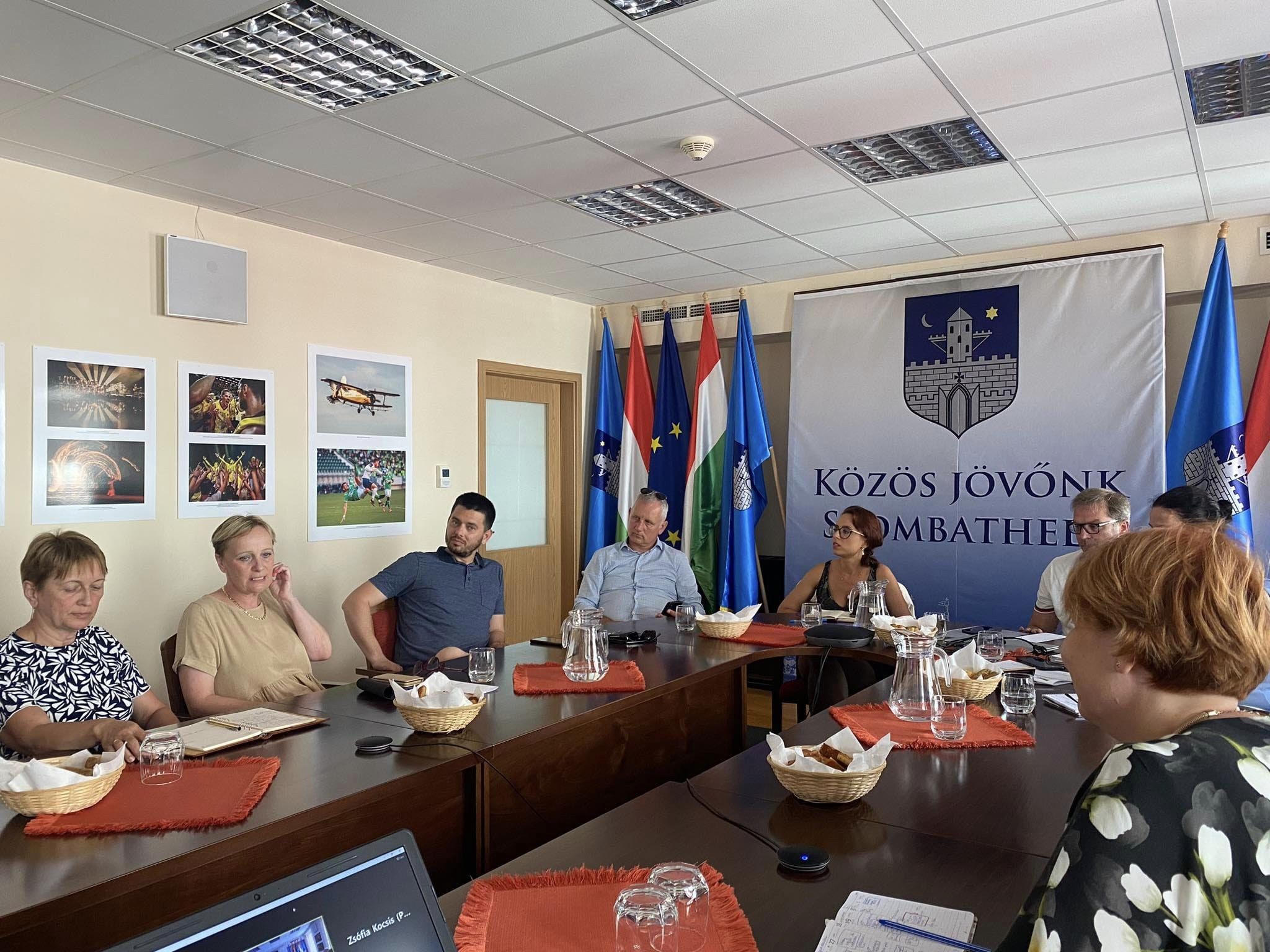
Action Plan for the region of Western-Hungary
Based on the Foundation study visits and meetings PBN developed an Action Plan with the main aim is to define the key indicators of resilience of industry
Across Europe, public bodies are pressed by an increasing need to provide preparatory support to the economic ecosystem in advance of the closure of anchor firms in their region which act as significant employers. The impacts of a closure of course go beyond direct employees and ripple, wave like throughout the regional services sector and economy. Management of such anticipated structural change requires proactive renewal of business approaches and policy supports. Regions are encouraged to introduce pilot projects based on their own strengths and to provide appropriate business supports for the re-alignment of the regional industrial base. This proactive approach by regional stakeholders is critical to building the resilience of these regions and enabling them to adapt to change.
The importance of SMEs and start-ups to the regional economy is widely recognised in terms of the provision of employment, contribution to GDP, driving innovation and supporting regional resilience. It is imperative that the relevant regional stakeholders keep informed, inspired and equipped to provide the appropriate SME and start-up supports, particularly in regions anticipating structural change.
The development of this collaborative Interreg Europe project linking partners across borders will seek to develop a Framework and Roadmap for Anticipated Structural Change under Priority Axis 2. It is imperative that industry players, business support organisations and policy makers understand how their ecosystems work and when faced with shocks (firm closures) to collaboratively develop alternative growth and employment through supportive policies and programmes to boost SME competitiveness.
€1,860,974.00
SME competitiveness
Priority 3 (P3) of the Southern and Eastern Regional Operational Programme is focused on SME Competitiveness. Its objective is to increase employment levels in micro-enterprises in the S&E region by supporting start-ups, business expansion and higher innovation levels in micro-enterprises.
P3 is implemented by the Local Enterprise Offices (31 offices across Ireland) and Enterprise Ireland (EI). EI is the government organisation responsible for the development and growth of Irish enterprises in world markets. EI and the LEOs work in partnership with Irish enterprises to help them start, grow, innovate and win export sales in global markets. The ERDF co-financed financial supports are targeted at value added manufacturing and traded services activities.
While the policy provides excellent support to individual entrepreneurs with new business ideas in terms of starting & growing their own business the system does not stimulate innovation or diversification via collaborative ideation generation either within or between sectors. Supporting a collaborative discovery process is crucial to building regional resilience & diversification, reinforcing the ability of regions to bounce back in times of shock. The lack of policy supports for such a framework in support of the discovery process needs to be addressed to ensure that strong regional economic foundations exist which promote innovation, creativity & competitiveness. FOUNDATION will seek to inform this policy improvement.
GMESIF is the plan that sets out how the EU funds are allocated to the Greater Manchester region from the ERDF England Operational Programme 2014-2020 and how they will be spent.
Priority 3 SME competitiveness – Oldham needs to improve the competitiveness and productivity of its businesses. Oldham’s economy still remains over-dependent upon relatively low-skilled and low-wage enterprise with employers most at risk from modernisation. Over the last decade, new jobs have been created, but the majority of these have been low value service or health occupations. Unemployment in Oldham has now largely recovered from the peak of the last recession and appears relatively stable. However, we still have the 3rd highest rate in Greater Manchester. This Investment Priority will help support SME to become more competitive, thus increasing survival and growth rates and creating jobs and prosperity.
Reasons why it should be improved: Oldham's economy generated £2.9 Billion during 2013, which provides around 6% of the total GVA generated within Greater Manchester. However, GVA per head in Oldham is the second lowest within the region and the UK Competitiveness Index showed that Oldham ranked 367th out of 379 local authorities nationwide. If Oldham’s SME’s are to survive and grow they need to increase productivity, become more innovative & competitive. To address this situation support is needed to help businesses innovate, improve productivity, access new markets & become more resilient.
The instrument to be improved is Sustainable Growth and Jobs 2014-2020. Finland's Structural Funds Programme, the
activities are focused to Priority 1: Competitiveness of SMEs. The structure and level of the new regional program differs from the previous ones.
The program seeks new thinking in regional and national regional development and moves towards a more comprehensive strategic thinking model. This strives for flexibility, as well as for a proactive and rapid response to the changes that are taking place around us. The first steps towards new approach to the Planning for Anticipated Structural.
Changes are being implemented within this program. Best practices gathered during the FOUNDATION project, will showcase how the structural funds can be used to improve the resilience of the regions by building capacities of the SMEs. By involving SMEs in new projects in these regions to support their competitiveness regionally, nationally and internationally.
Sustainable Growth and Jobs 2014-2020 offers a great starting point for reaching our project targets and FOUNDATION and the University of Oulu in partnership with the Council of Oulu Region have a great opportunity to influence it and its successor programme.
The objective of the instrument is to support the capacity of SMEs to grow in regional, national and international markets and to increase their innovation and productivity. The part of this instrument that could be specifically selected for this project is related to the support for the digitalization of SMEs, where SMEs are supported to implement different novel solutions to increase their productivity and competitiveness. The first call for proposals of the financial measure “Industry digitalization“ was launched recently.
It would be important to incorporate the aspect of resilience into the policy instrument in order to provide the extra support to the regions, which are experiencing major closures and structural changes. Thus, international cooperation and exchange of good practices is very useful in order to learn from other regions and get the knowledge how this policy instrument can be improved.
Priority axis VII is dedicated to the Regional Labour Market and the priorities are concentrated on the access to employment for job seekers and inactive people, including long-term unemployed and from the labour market, including through local employment initiatives and support for labour mobility.
The establishment of new economic entities directly affect the increase in the level of entrepreneurship. At the same time outside taking a self newly created entities will generate additional jobs, which will lead to the realization of the specific objective ie. The growth of entrepreneurship and self-employment in the region and thus contribute to increased employment inhabitants of the region.
Podkarpackie Region is one of the regions with the lowest level of economic development. The reason is, among others, limited access to external sources of financing for those wishing to start a business.
The programme (source: ERDF, ESF, IKF; a total of 9,004.2 M EUR over 7 years) aims to stimulate the economies of the less developed regions in Hungary. One of the main objectives of the 2014-2020 programming period is the complex development of corporate capacities of enterprises (taken in a broader sense) that have growth potential, first of all micro, small and medium sized enterprises in order to develop their income generating effect and market positions.
In order to achieve this, it is necessary to further develop technology-intensive activities, to establish high value added production and strategic service activities in Hungary, especially the modernisation of the SMEs sector, to increase their role played in employment and the development of their development abilities and to reduce the difference in terms of productivity between the small, medium sized enterprises and the modern large enterprises that are mostly in foreign property.
The measure aims to trigger actions that will reinforce and expand regional innovation capacity based on the potential of involving, educating and empowering local business, citizens and public administration to support technological as well as practice-based innovation and aim to stimulate private sector investment and also facilitate cooperation and joint initiatives between enterprises, business centres and higher education players in key regional areas of smart specialisation and innovation opportunity.
DUP Strategic Priority 1 tackles the transition, for Reggio Emilia, from an industrial economy to a knowledge economy, by leveraging on local distinctive competences (Education, Mechatronics, Agrifood, Energy & Services) in line with the Regional S3. This is part of a resilience strategy based on innovation and productive reconversion of pre-existing industrial structures and aims at providing tools to face big economic changes and global competition.
Reasons for improvement are:
1. ERDF OP measures targeting job creation, competitiveness, economic growth, sustainable development struggle to have complete effectiveness at local level, since mismatches between regional and local programming exist: dialogue and integration between these 2 levels must be improved, to guarantee harmonisation of economic policies and a full integration of ERDF priorities in local planning.
2. Coexistence of several stakeholders (Local Authority, Chamber of Commerce, Trade associations, enterprises, SMEs, universities, R&I centres) with different competences and roles in support of economic growth: governance of these organisations has to be improved to avoid duplication, define and share a common vision for economic development of the regional system. The new approach should build and promote cooperation processes (replacing standard competitive processes) that put together different local and international actors in a “knowledge creation chain”, consisting in partnerships and collaborations.
The Thematic objective addressed by the Policy Instrument selected, would be the number “03 - Enhancing the competitiveness of small and medium sized enterprises (SMEs)”. This objective have several Investment priorities, being the most significant for FOUNDATION project: 3a – Promoting entrepreneurship, in particular by facilitating the economic exploitation of new ideas and fostering the creation of new firms, including through business incubators.
The priority 3a, aims to develop a comprehensive plan to support entrepreneurship, encourage growth and job creation. Foster entrepreneur local government: promoting entrepreneurship, identifying niches and self-employment, infrastructure development to accommodate business.
Although the policy specifically mentions an action to support business creation and self-employment developing an entrepreneurship ecosystem, no actions are detailed to face large industry closure, which has an important impact in regional economy. Some punctual initiatives are being developed in this field, mainly related to capacitation in Industry 4.0 and with the support of the Regional Development Agency. The policy should design a consistent strategy, including well-planned actions and involving different regional actors, to support unemployed people resulted from the large firm closure to become entrepreneurs or be part again of the industrial sector improving the competitiveness of auxiliary SMEs with its experience.
Following the motto of the Upper Austrian Council for Research and Technology (RFT OÖ) “Strengthen strengths – dare something new“, the strategic objectives, topics and activities build on existing structures and “critical mass“ of the regional economy and thus carry on the tradition of strategic programmes in Upper Austria.
A new practice has been adopted through the modern approach in technology policy of consistent vertical orientation along the education–research–economy innovation chain within defined fields of activity- namely: industrial production processes, energy, food/nutrition, health & ageing society and mobility.
When the current program was developed (2011) a number of trends like Digitalisation, Industry 4.0, etc. were not adressed.Tthe regional program development will begin in 2019. This offers the opportunity to improve on the one hand the process of developing a new strategic program and on the other hand taking into account the new industrial trends, which are important in Upper Austria.
There is great interests in developing new methodologies, processes, to overcome stagnation and increase innovation. To keep employment levels in the region stable by stimulating cross-sectoral diversification, cross-thinking and open innovation will be one of the key targets. The results of the FOUNDATION project will foster our process to try new ways in development of regional policy instruments.

Based on the Foundation study visits and meetings PBN developed an Action Plan with the main aim is to define the key indicators of resilience of industry
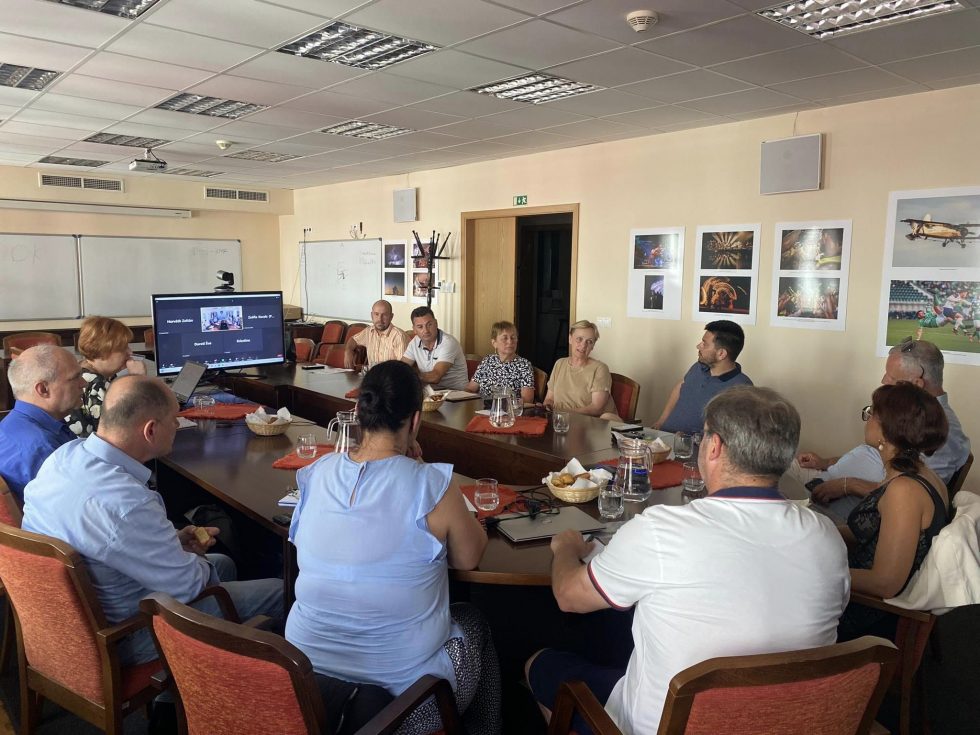
PBN work with local policy stakeholders to promote and facilitate the economic resilience of Szombathely.

Regional Management committee (MYR) targets development actions to increase entrepreneurship and policies to support entrepreneurship among young people
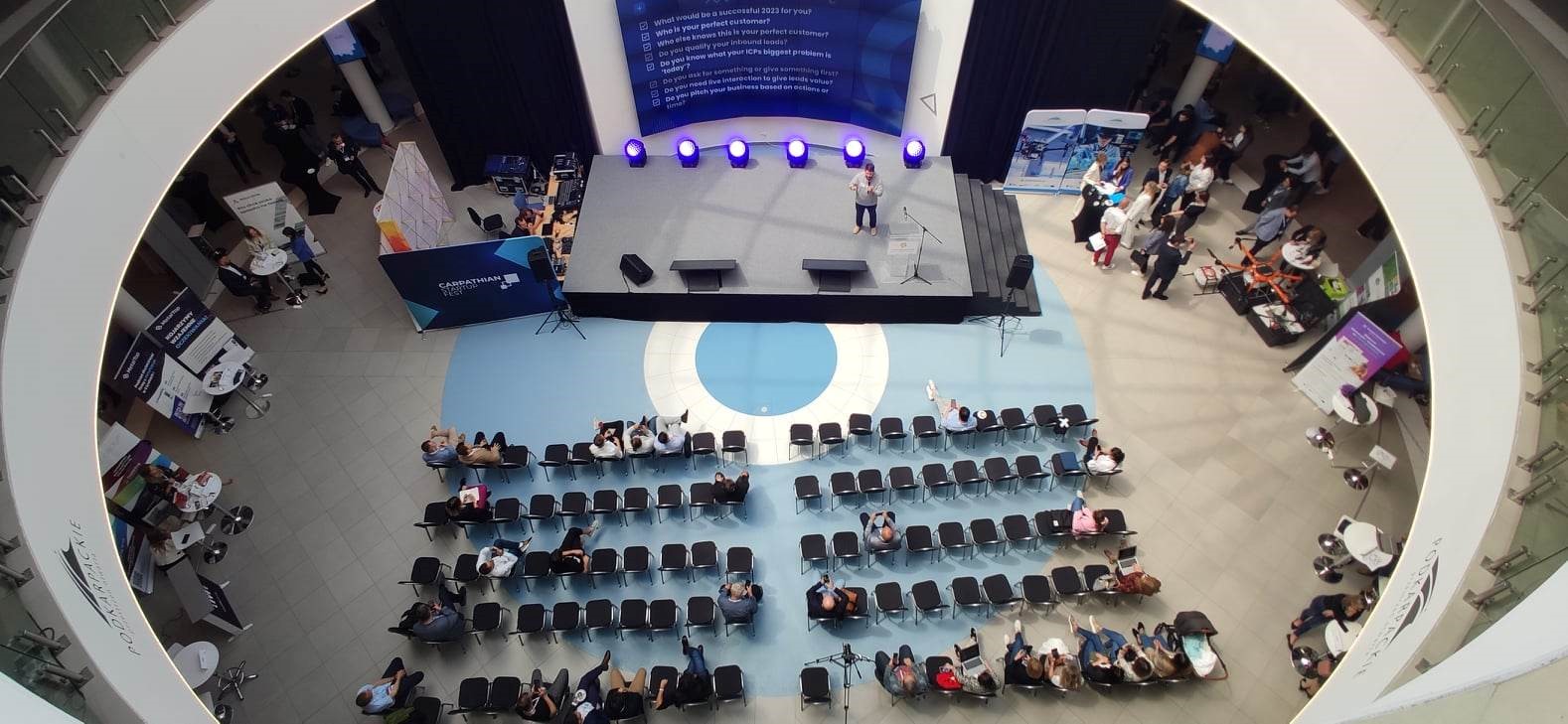
On June 14-15th, 2023 all Foundation project partners gathered in Rzeszów, Poland for a study visit and FOUNDATION Project Final Conference
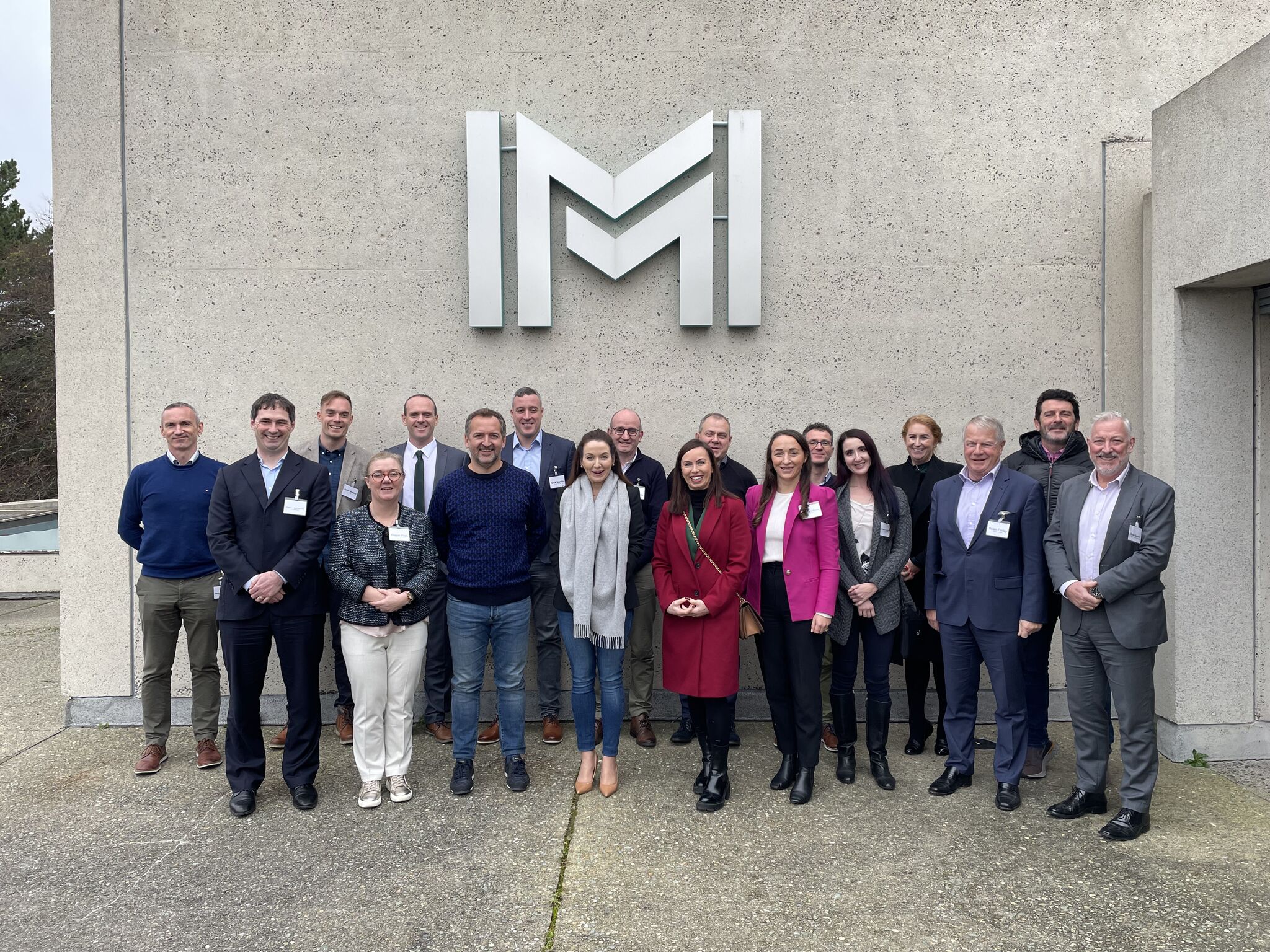
Speaking at the Foundation Final Dissemination Event in Rzeszow, Poland on the 15/06/23 Dr John Hobbs updated attendees on Foundation policy impacts in Ireland.
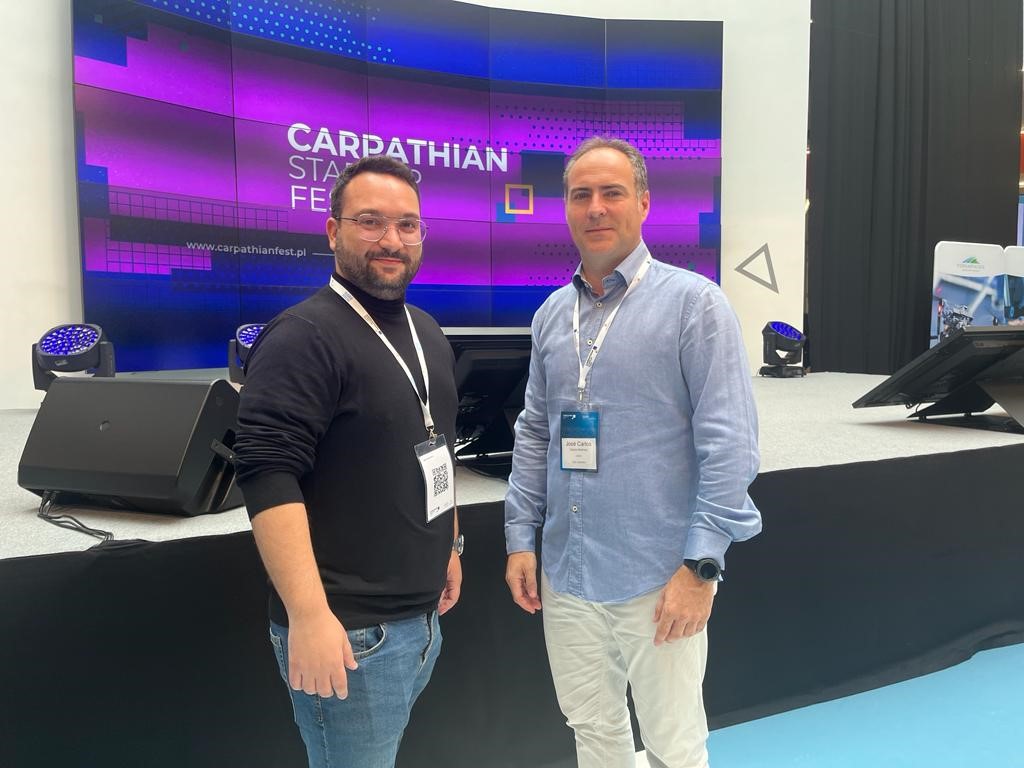
Business and Innovation Center of Cartagena attended the Foundation Final Dissemination Event and Study Visits in Rzeszow on the 14-15 June 2023.
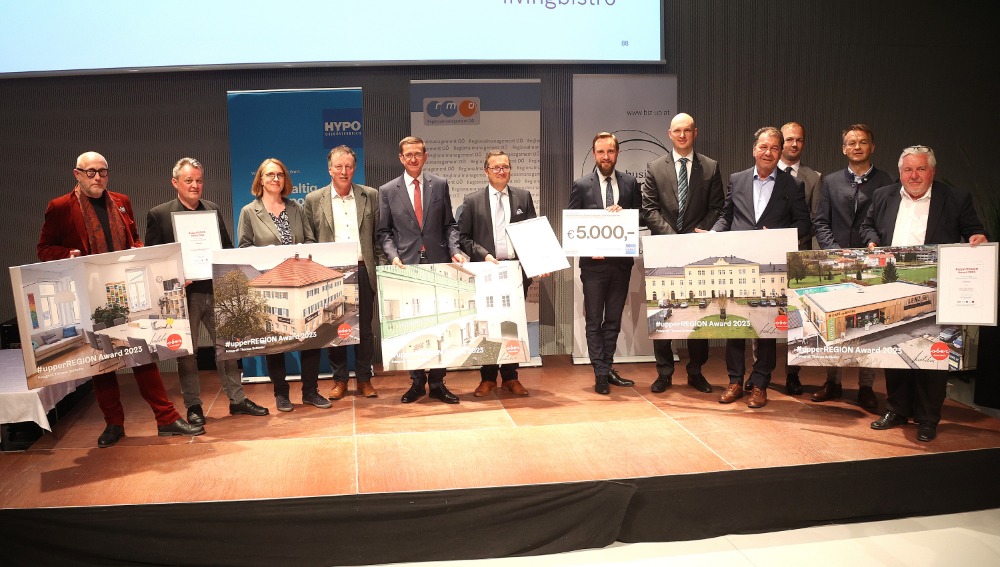
Upper Austrian action plan focuses on sustainable development through reusing existing areas, preserving real estate value, and minimizing land consumption.
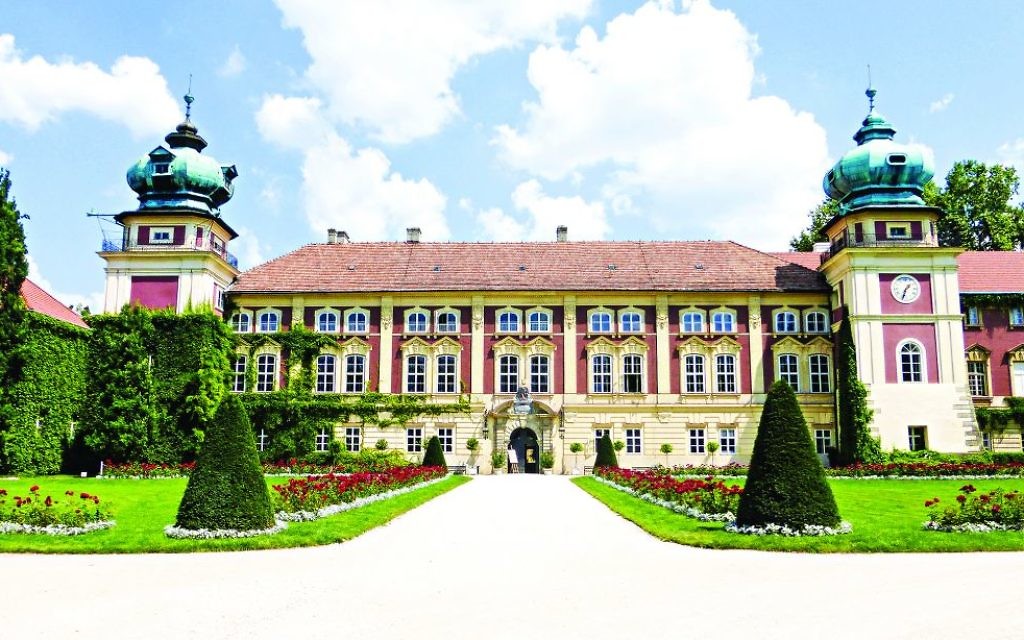
RRDA representative Marek Duda presented the impact of the Foundation Action Plan implementation in the Podkarpackie Region.

Lithaunia unveiled a call for Industry 4.0 Lab, championing SME digitalization and green transformation in regional innovation strategies
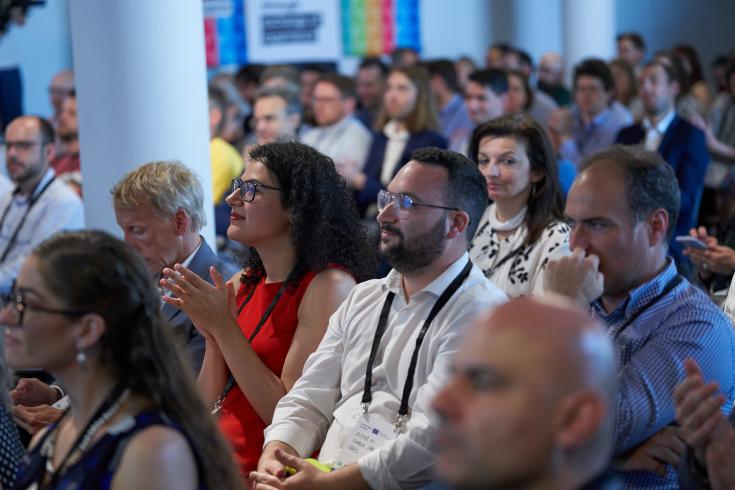
On 31 May and 1 June 2023, CEEIC attended 'Rethinking local policies' in Ghent, a two day Interreg event which explored local sustainable development